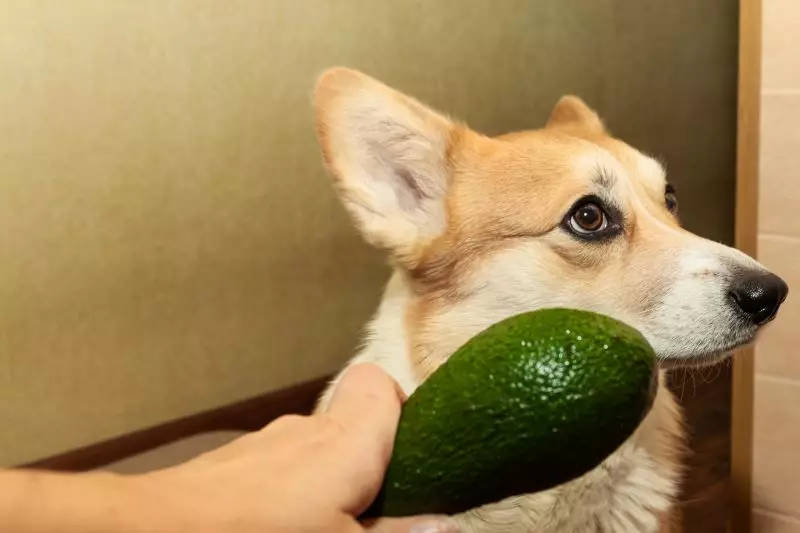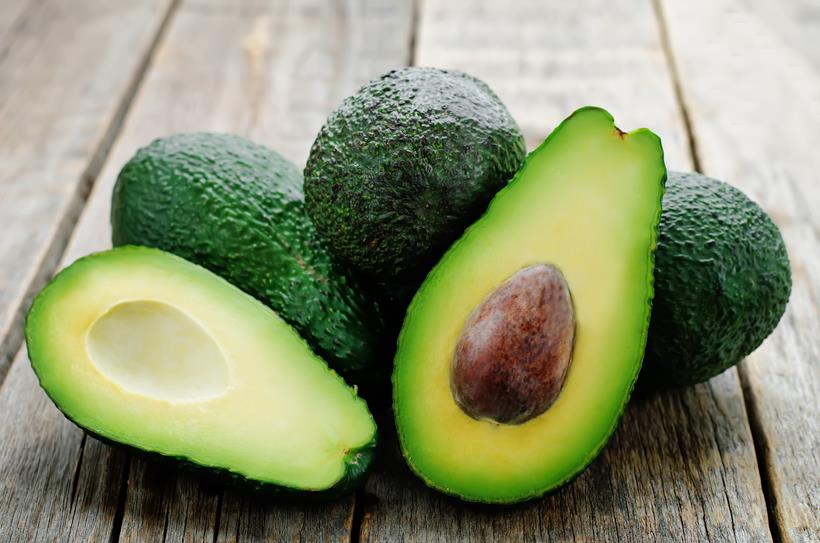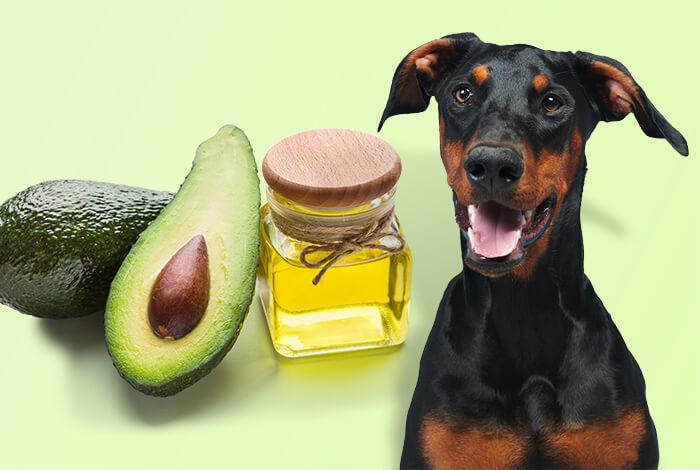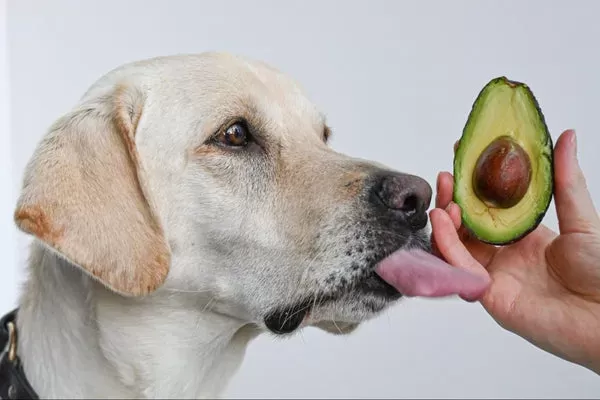TLDR;
Yes, dogs can eat food with avocado oil in small amounts—it’s generally safe and even beneficial when used properly. However, it must be introduced carefully, avoiding avocado skins and pits, and should never replace vet-approved dietary fats.
Avocado Oil in Dog Diets – Helpful or Harmful?

Avocados have earned their place on the human superfood list, but pet parents are often left wondering if they’re safe for their four-legged companions—especially in oil form. The rise of avocado oil in everything from salads to stir-fries has led many dog owners to ask: Can dogs eat food with avocado oil? In fact, one of the most common questions we hear from dog owners is whether they can also feed their dogs beef liver or avocado oil.
At Careers Collectiv, we understand that navigating pet nutrition can feel overwhelming. This blog post serves as your comprehensive guide to uncovering the truth about avocado oil for dogs—from potential benefits and risks to vet-backed feeding tips and common misconceptions.
What Makes Avocado (and Avocado Oil) a Questionable Ingredient?

The Nutrients in Avocado: Superfood for Humans, Safe for Dogs?
Avocados are rich in:
- Vitamin E – Supports skin health
- Oleic Acid – A monounsaturated fat that reduces inflammation
- Antioxidants – Boost immune function
- Omega-9 Fatty Acids – Promote heart and coat health
But here’s the twist—while these nutrients are beneficial to humans, dogs process food differently. The flesh of the avocado (the pulp) has fewer risks, but the pit, skin, and leaves contain persin, a fungicidal toxin harmful to animals in large amounts.
What is Persin and Why Are Dog Owners Concerned?

Persin is a naturally occurring compound in avocados, especially concentrated in the leaves, skin, and seed. While dogs are more resistant to persin than birds or horses, consuming large quantities can still lead to:
- Vomiting
- Diarrhea
- Abdominal discomfort
The good news? Avocado oil is extracted from the pulp, and during cold-press or refining processes, persin is typically filtered out, making the oil itself relatively safe for dogs in moderation.
Is Avocado Oil Safe for Dogs to Eat?

Is Avocado Oil Toxic to Dogs?
No, avocado oil is not toxic to dogs when used properly. Unlike the fruit’s skin and pit, the oil contains little to no persin, especially when cold-pressed or refined.
However, the real concern is fat content. Avocado oil is calorie-dense and high in fat, which can pose risks for dogs prone to pancreatitis or obesity.
Health Benefits of Avocado Oil in Dog Diets
In small, carefully measured doses, avocado oil can offer several health perks:
- Shinier coat – Thanks to vitamin E and fatty acids
- Joint support – Anti-inflammatory benefits
- Skin improvement – Reduces itchiness and dryness
- Digestive aid – Helps improve gut health in sensitive dogs
Still, these benefits are only valid when avocado oil is part of a balanced, vet-approved diet, not a regular treat or cooking oil substitute.
How to Safely Introduce Avocado Oil into Your Dog’s Diet

Consult Your Vet First (Always!)
Before introducing any new fat or oil into your dog’s meals, talk to your vet. This is especially important if your dog has:
- Pancreatitis
- Food allergies
- Digestive sensitivities
- Obesity or weight issues
A veterinarian will assess your dog’s dietary fat needs and whether avocado oil fits within those limits.
Proper Dosage Based on Dog Size & Breed

Here’s a simple guideline for safe avocado oil dosage:
Note: This is a general guide. Always follow your vet’s specific recommendations.
Watch for Allergic or Digestive Reactions
Start with a small amount and monitor closely for:
- Vomiting
- Diarrhea
- Lethargy
- Itchy skin
- Gas or bloating
If any of these occur, stop immediately and consult your vet. Not all dogs react the same way, and some might have undiscovered sensitivities.
Can Dogs Eat Human Food Cooked with Avocado Oil?

Dogs can eat some human food cooked with small amounts of avocado oil, but there are essential caveats:
- Cold-pressed avocado oil is preferable—fewer chemicals and better nutritional value.
- Avoid heavily seasoned or fried foods—spices like onion, garlic, or too much salt are toxic to dogs.
- Keep the oil quantity minimal—dog digestion isn’t built to handle high fat like humans.
So, while a piece of plain, baked chicken cooked with a dash of avocado oil is okay, your garlic-fried stir-fry is not dog-safe.
Best Alternatives to Avocado Oil for Dogs
Avocado oil isn’t the only healthy fat option for dogs. Here’s how it compares:
Comparing Dog-Safe Oils

If your dog doesn’t tolerate avocado oil, one of these alternatives may suit them better—under vet guidance.
Myth-Busting: Debunking Avocado Oil Misconceptions
"Avocado is always toxic to dogs" – FALSE
While the pit, skin, and leaves contain dangerous levels of persin, the flesh and oil (in moderation) are usually safe for dogs.
"All oils are bad for dogs" – Not True!
Healthy fats are essential for dogs, especially those that support brain development, skin, and coat health. The trick is finding the right oil in the right amount.
Do’s & Don’ts of Avocado Oil for Dogs
Do’s
Introduce avocado oil gradually and in small doses
Choose cold-pressed, unrefined oil without additives
Monitor for side effects and digestive changes
Consult your vet before making it part of their regular diet
Don’ts
Don’t feed dogs avocado pits, skins, or leaves
Avoid seasoned human food cooked in avocado oil
Don’t assume avocado oil is safe for all dogs—every pet is different
Don’t overuse it as a supplement; high fat intake = health risks
FAQs: Quick Answers to Common Questions
Can dogs eat dog food with avocado oil?
Yes, if it’s a commercially prepared, balanced dog food with avocado oil, it’s generally safe.
Is avocado oil better than olive oil for dogs?
It depends. Avocado oil is higher in certain nutrients like vitamin E, but olive oil is more studied in canine nutrition. Both can be healthy in moderation.
Are avocados in dog food safe?
Yes, when included in regulated amounts by pet food manufacturers. They use de-fatted avocado meal or oil, not the toxic parts.
Can avocado oil cause pancreatitis in dogs?
Yes, excess fat intake, even from healthy oils, can trigger pancreatitis, especially in sensitive dogs.
Should You Feed Your Dog Avocado Oil?
In the right form and quantity, avocado oil can be a safe and healthy supplement to your dog’s diet. It’s rich in beneficial fats and vitamins that support skin, coat, and joint health. But due to its high fat content, it’s crucial to:
-
Use avocado oil sparingly
-
Choose vet-approved feeding methods
-
Avoid all other parts of the avocado plant
-
Monitor your dog for any reactions
When in doubt, consult your veterinarian to ensure that avocado oil complements your dog’s nutritional needs and doesn’t pose a hidden risk.
That said, instead of giving your dog food containing avocado oil, you can consider offering a Benebone as an alternative — just be sure to supervise your dog closely whenever they’re chewing on one.
At Careers Collectiv, we believe pet nutrition should be simple, safe, and smart. Understanding ingredients like avocado oil is just one step in making better health choices for your furry companion.